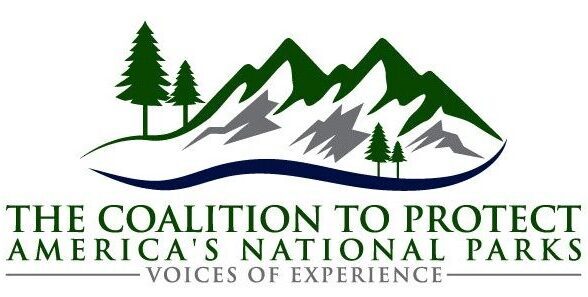Ciscomani, others must stand up for our public lands
The following is the opinion and analysis of the writer:
This summer, many of us Arizonans got out to enjoy our public lands. From Grand Canyon National Park and Baaj Nwaavjo I’tah Kukveni-Ancestral Footprints Grand Canyon National Monument to Ironwood National Monument and Las Cienegas National Conservation Area, we are spoiled for choice. As a leader in the National Park Service for over 34 years, including as superintendent of Grand Canyon National Park and Saguaro National Monument, I have an intimate knowledge of our public lands. But right now, these national treasures are under threat.
As Congress returns to Washington, we in Arizona are counting on Representative Juan Ciscomani and our entire congressional delegation to protect our iconic spaces and the laws that conserve them.
Since January, nearly one-quarter of the National Park Service staff across the nation have been cut, already reducing essential visitor services and impairing the protection of resources. The president’s budget proposed the largest reduction ever to our National Park System. And members of Congress of both political parties, like Representative Ciscomani, had to fight to remove the sale of millions of acres of public lands from the budget bill.
In addition to these cuts, the Administration is also trying to undermine one of the crucial laws that creates public lands in the first place. Signed into law by President Teddy Roosevelt, the 1906 Antiquities Act allows presidents to designate our most special sites as national monuments. Because the creation of a national park requires congressional approval, a number of parks, including the Grand Canyon, first became national monuments protected by the Antiquities Act.
Arizona now has 18 national monuments – more than any other state. Representative Ciscomani clearly understands the significance of these lands, as he has introduced legislation to redesignate his district’s Arizona’s Chiricahua National Monument as a national park.
Yet now, in an unprecedented about-face on a universally popular policy, a recent opinion from this Justice Department is threatening the Antiquities Act’s very foundation.
The June ‘Revocation of Prior Monument Designations’ opinion claims the president has the authority to rescind or abolish national monuments. The Supreme Court itself has repeatedly rejected challenges to the Antiquities Act, but this Administration is doing its best to find a way around these judicial findings. This is particularly bad news for Arizona, as the Washington Post reported that they are looking to scale back six national monuments, including Baaj Nwaavjo I’tah Kukveni-Ancestral Footprints of the Grand Canyon and Ironwood Forest.
In a battleground state like Arizona, it can be difficult to find points on which we all agree — making our public lands all the more exceptional. In a poll released earlier this year, an overwhelming 97% of Arizonans called our monuments and parks essential to our state. More specifically, 88% of voters and 85% of Trump voters support the Antiquities Act itself.
Now, we’re seeing this in action. During a recent ‘day of action for national monuments,’ over 100 protestors gathered at Ironwood Forest and Baaj Nwaavjo I’tah Kukveni-Ancestral Footprints of the Grand Canyon to stand up for these special places. State, county, and municipal level officials have passed seven resolutions this year in support of public lands, and in many cases, of the Antiquities Act specifically.
Our public lands offer all Americans the opportunity to enjoy our country’s beauty, for recreation, inspiration, and peace. They protect vital ecosystems to conserve biodiversity, clean air, and clean water. And, at a time when so many are feeling the economic strain, they are a significant economic asset to local communities. A 2020 study of communities near monuments established in recent decades found that they brought more business and more jobs, encouraging local economies. Arizona’s parks bring over 11 million visitors and nearly $2 billion in economic benefits to the state a year.
Arizona’s 6th Congressional District is fortunate, not just because of the wealth of natural beauty and public lands, but also because Representative Ciscomani has continuously supported public lands in Arizona, including in the recent reconciliation fight. He must continue this leadership and encourage others in the Arizona delegation to do the same for all our national parks, national monuments, and public lands in Arizona.
Rob Arnberger spent over 34 years with the National Park Service, including time as superintendent of Saguaro National Monument (now Park) and Grand Canyon National Park.
ROB ARNBERGER
